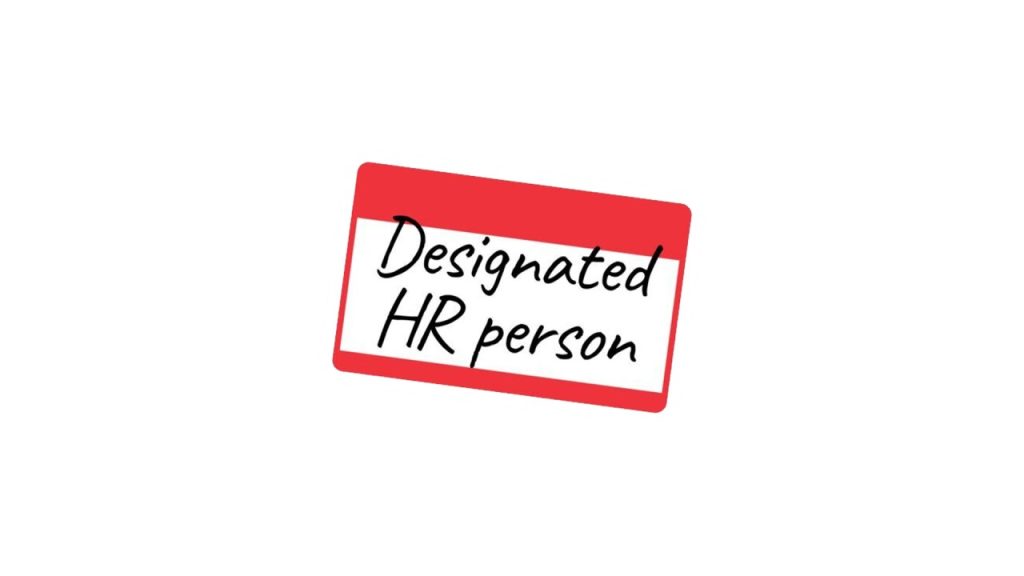HR Challenges in 2025: How Training Can Help Overcome Them

As we move closer to 2025, Human Resource (HR) professionals are facing new and evolving challenges. The workplace is changing faster than ever, with remote work, technological advancements, and shifting employee expectations reshaping the way businesses operate. For HR teams, navigating these changes can be overwhelming, but there’s good news: effective training can help address many of these challenges.
Here’s a closer look at some of the key HR challenges for 2025 and how targeted training can help overcome them.
1. Adapting to Remote and Hybrid Work Models
Remote work isn’t going anywhere. Many companies are embracing hybrid models, where employees work both remotely and in-office. While this flexibility can be beneficial, it also brings unique HR challenges, such as maintaining team cohesion, managing performance remotely, and fostering a positive company culture.
How Training Helps: Training programs can equip managers and HR professionals with the skills to lead and manage remote teams effectively. Courses on virtual communication, remote team-building, and performance management can help HR teams ensure that employees stay productive and engaged, no matter where they’re working from.
2. Talent Acquisition and Retention
Finding and keeping top talent has always been a priority for HR. However, with the growing demand for skilled workers, especially in areas like technology and data science, competition is tougher than ever. Retaining talent is equally challenging, as employees now seek more than just a paycheck – they want growth opportunities, flexibility, and work-life balance.
How Training Helps: Offering learning and development opportunities is a great way to attract and retain talent. Employees are more likely to stay with companies that invest in their growth. HR can promote training programs that allow employees to upskill, reskill, and advance in their careers. Whether it’s technical training or leadership development, providing these opportunities can make your company a more attractive place to work.
3. Advancing Diversity, Equity, and Inclusion (DEI)
Diversity, Equity, and Inclusion (DEI) initiatives have become increasingly important in today’s workplace. However, building a truly inclusive environment goes beyond hiring diverse talent – it requires a culture of respect, understanding, and continuous improvement. HR plays a crucial role in driving these efforts, but it can be challenging to implement DEI programs effectively.
How Training Helps: Training on DEI topics can help raise awareness and encourage open dialogue within the company. Offering workshops on unconscious bias, inclusive leadership, and cultural sensitivity can help create a workplace where everyone feels valued and respected. These programs give HR professionals the tools they need to foster a more inclusive company culture.
4. Managing Employee Wellbeing and Mental Health
Employee wellbeing is no longer just a nice-to-have – it’s a must. The stress of work, combined with personal life challenges, has made mental health support a top priority for HR teams. In 2025, companies will need to be more proactive in addressing employee wellbeing to prevent burnout and boost productivity.
How Training Helps: Wellbeing programs can provide HR teams with the knowledge to implement mental health support in the workplace. Offering training in mental health first aid, stress management, and employee assistance programs (EAPs) can empower HR professionals to recognize signs of distress and offer appropriate support. By promoting a culture of care, companies can create a healthier and more engaged workforce.
5. Navigating Compliance and Regulatory Changes
As labor laws and regulations continue to evolve, HR professionals must stay informed and compliant. From data privacy laws to employee benefits regulations, keeping up with these changes can be a daunting task, especially for smaller HR teams.
How Training Helps: Compliance training ensures that HR teams are up-to-date with the latest legal requirements. Providing training on data protection, workplace safety, and labor laws can reduce the risk of legal issues and ensure that your company operates within the law. Regular compliance training also helps HR professionals stay ahead of potential risks and challenges.
2025 will undoubtedly bring its own set of HR challenges, but with the right training, HR teams can be better prepared to meet these challenges head-on. By investing in training programs that address the evolving needs of the workforce, companies can foster a more adaptable, inclusive, and resilient workplace.
Whether it’s helping managers lead remote teams or empowering employees with career development opportunities, training is a key tool for overcoming HR challenges and building a thriving company culture. Remember, investing in your HR team is an investment in your entire organization’s success.
Let’s get ready for the future – together!




















